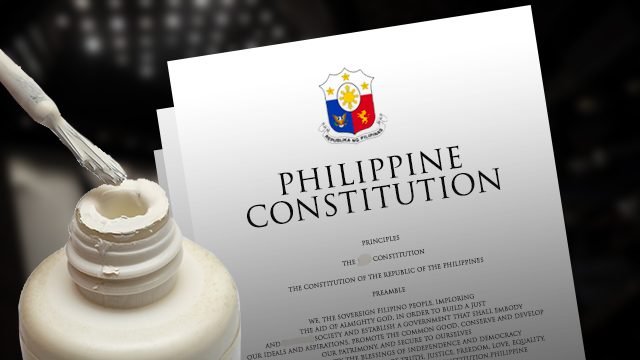Multiple-choice Questions for Philippine Government and Constitution
1. How many senators are there in the Philippines?
A. 24
B. 25
C. 26
D. 27
2. What is the term of office of the President of the Philippines?
A. 4 years
B. 5 years
C. 6 years
D. 7 years
3. What is the minimum age requirement for a person to run for the position of senator in the Philippines?
A. 25 years old
B. 30 years old
C. 35 years old
D. 40 years old
4. Which branch of government is responsible for making and passing laws in the Philippines?
A. Executive branch
B. Legislative branch
C. Judicial branch
D. None of the above
5. What is the name of the highest court in the Philippines?
A. Supreme Court
B. Court of Appeals
C. Regional Trial Court
D. Sandiganbayan
6. What is the role of the Commission on Elections (COMELEC) in the Philippines?
A. To ensure that elections are free, fair, and honest
B. To manage and supervise the conduct of elections
C. To enforce election laws and regulations
D. All of the above
7. What is the name of the document that outlines the fundamental principles and laws of the Philippines?
A. Constitution
B. Bill of Rights
C. Magna Carta
D. Declaration of Independence
8. Which article of the Philippine Constitution protects the freedom of speech, of expression, and of the press?
A. Article III
B. Article IV
C. Article V
D. Article VI
9. What is the principle of checks and balances in the Philippine government?
A. The principle of separation of powers among the three branches of government
B. The principle of having two chambers in the legislative branch
C. The principle of allowing citizens to participate in the governance process
D. The principle of limiting the power of government officials and agencies.
10. Who is the author of the Philippine Declaration of Independence?
A. Emilio Aguinaldo
B. Jose Rizal
C. Andres Bonifacio
D. Antonio Luna
Answers:
1. B. 25
2. C. 6 years
3. C. 35 years old
4. B. Legislative branch
5. A. Supreme Court
6. D. All of the above
7. A. Constitution
8. A. Article III
9. A. The principle of separation of powers among the three branches of government
10. A. Emilio Aguinaldo


Post a Comment
Post a Comment